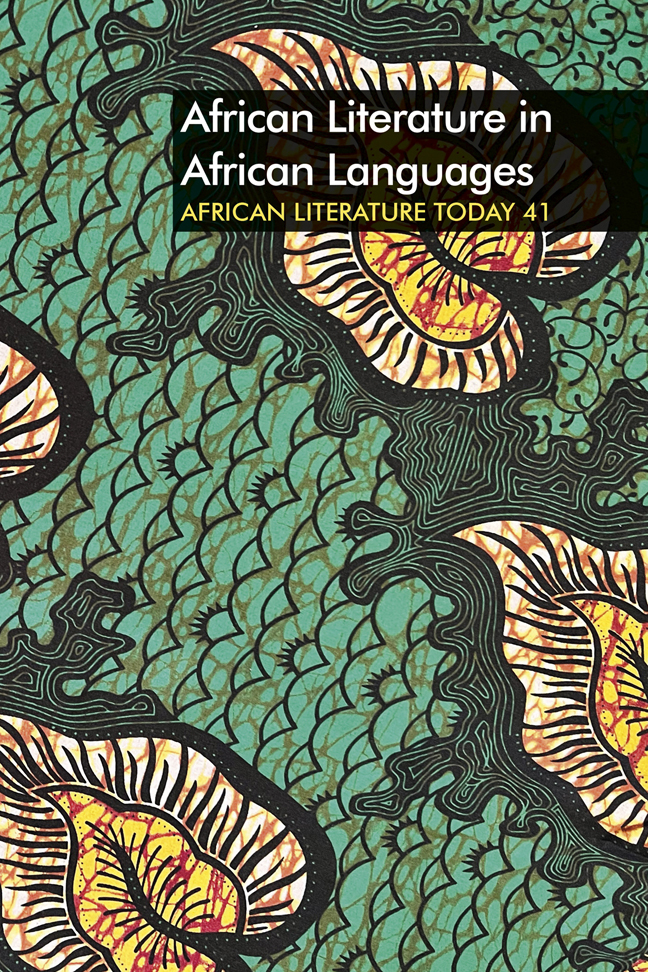Decolonizing Trauma Studies: The Recognition-Solidarity Nexus in Uwem Akpan's Say You’re One of Them
Published online by Cambridge University Press: 22 February 2024
Summary
DECOLONIZING TRAUMA STUDIES
Given that various African states have witnessed different forms of social and political unrest since independence, it is not surprising that the representation of violence remains a central theme in African literary imagination. This article focuses on Uwem Akpan's representation of postcolonial conflict in his collection of short stories, Say You’re One of Them. Analysing three stories from the collection, I draw from postcolonial trauma studies to show the devastating effects of violence in African societies, and how such violence affects various African states. The article, however, argues for the need for a decolonized trauma studies perspective in analysing traumatic experiences in postcolonial societies. I will offer the recognition-solidarity nexus as an essential perspective in decolonial trauma discourse critical to understanding the specific socio-political dynamics that African writers, like Uwem Akpan, articulate.
The project builds on the work of postcolonial critics, such as Stef Craps, who have critiqued the traditional trauma theory for imposing a Western understanding of trauma on other cultures, privileging the individual manifestation of trauma, as well as restricting the trauma canon to Euro-American contexts. Craps argues that the trauma theory of the 1990s, with its firm grounding in Freudian psychoanalysis and poststructuralist deconstruction, should be radically revised. He contends that the traumas of non-Western or minority groups must be acknowledged ‘on their own terms’ and ‘for their own sake’ (Craps, Postcolonial Witnessing: Trauma Out of Bounds 19). Should trauma theory refuse to decolonize, Craps warns, it may risk ‘assisting in the perpetuation of the very beliefs, practices, and structures that maintain existing injustices and inequalities’ that are contrary to the field's promise of promoting cross-cultural solidarity (2).
This article agrees with Craps that trauma theory should be ‘reshaped, resituated, and redirected so as to foster attunement to previously unheard suffering’ (37). I would add, though, that its areas of analysis should equally be extended by broadening the postcolonial trauma canon. Rather than a continued obsession with colonial trauma, most exemplified in the writing-back model, Akpan foregrounds the necessity for trauma critics to pay attention to the ways postcolonial writers engage with the plurality of traumatic encounters in the postcolony.
- Type
- Chapter
- Information
- African Literature in African Languages , pp. 132 - 144Publisher: Boydell & BrewerPrint publication year: 2023

